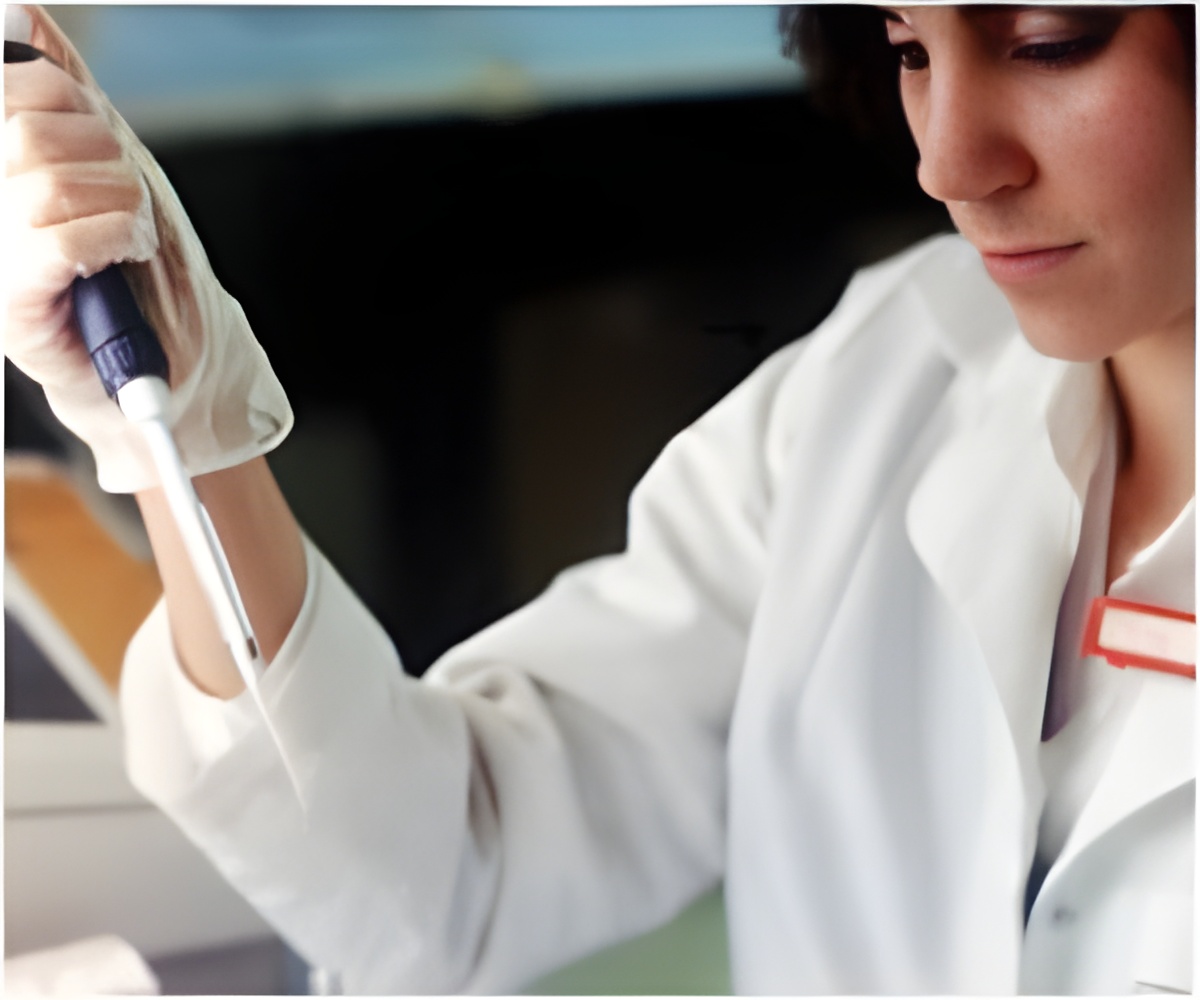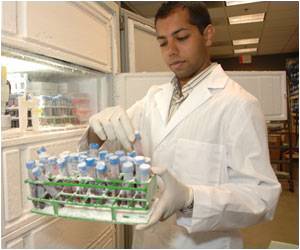
‘Saliva is considered as an easy-to-access fluid that changes in response to health conditions. So it could be useful in searching for signs of disease.’
Tweet it Now
In the search for non-invasive and less stress-inducing ways to detect disease, much effort has focused on urine testing. Individuals' urine samples have specific metabolic signatures that can become altered when a person develops a health problem. But compounds in urine can also vary depending on factors such as diet and environment. Saliva has similar potential as an easy-to-access fluid that changes in response to health conditions, but could be less affected by diet and the environment. Paola Turano, Kurt Zatloukal and colleagues wanted to investigate how reliable this route might be.
The researchers sampled saliva and urine from 23 healthy volunteers multiple times a day over 10 days. The molecular signatures of saliva and urine were distinct and consistent for each participant.
But profiles from spit samples changed less due to dietary variations than those from urine. Although longer-term research would be needed, this initial work on saliva fingerprints suggests that they could be useful in searching for signs of disease, say the researchers.
The study appears in ACS' Journal of Proteome Research.
Advertisement










